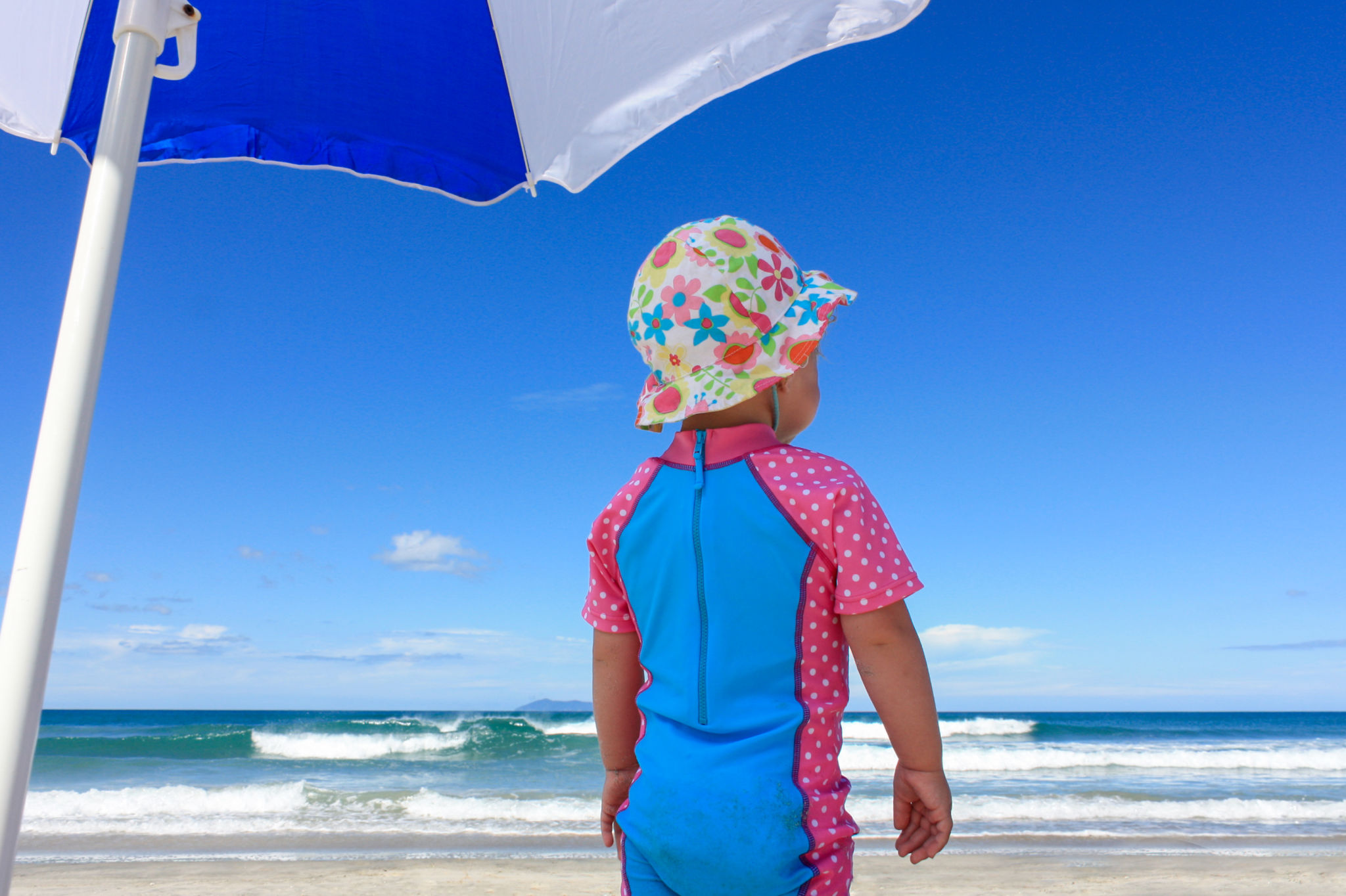Summer Newborn Care in QLD: Tips for Keeping Your Baby Comfortable
Understanding Queensland's Summer Climate
Summers in Queensland can be quite warm, with temperatures often soaring above 30°C. This can pose challenges for parents of newborns, who are particularly sensitive to heat. Ensuring your little one remains cool and comfortable is essential for their health and well-being during these hot months.
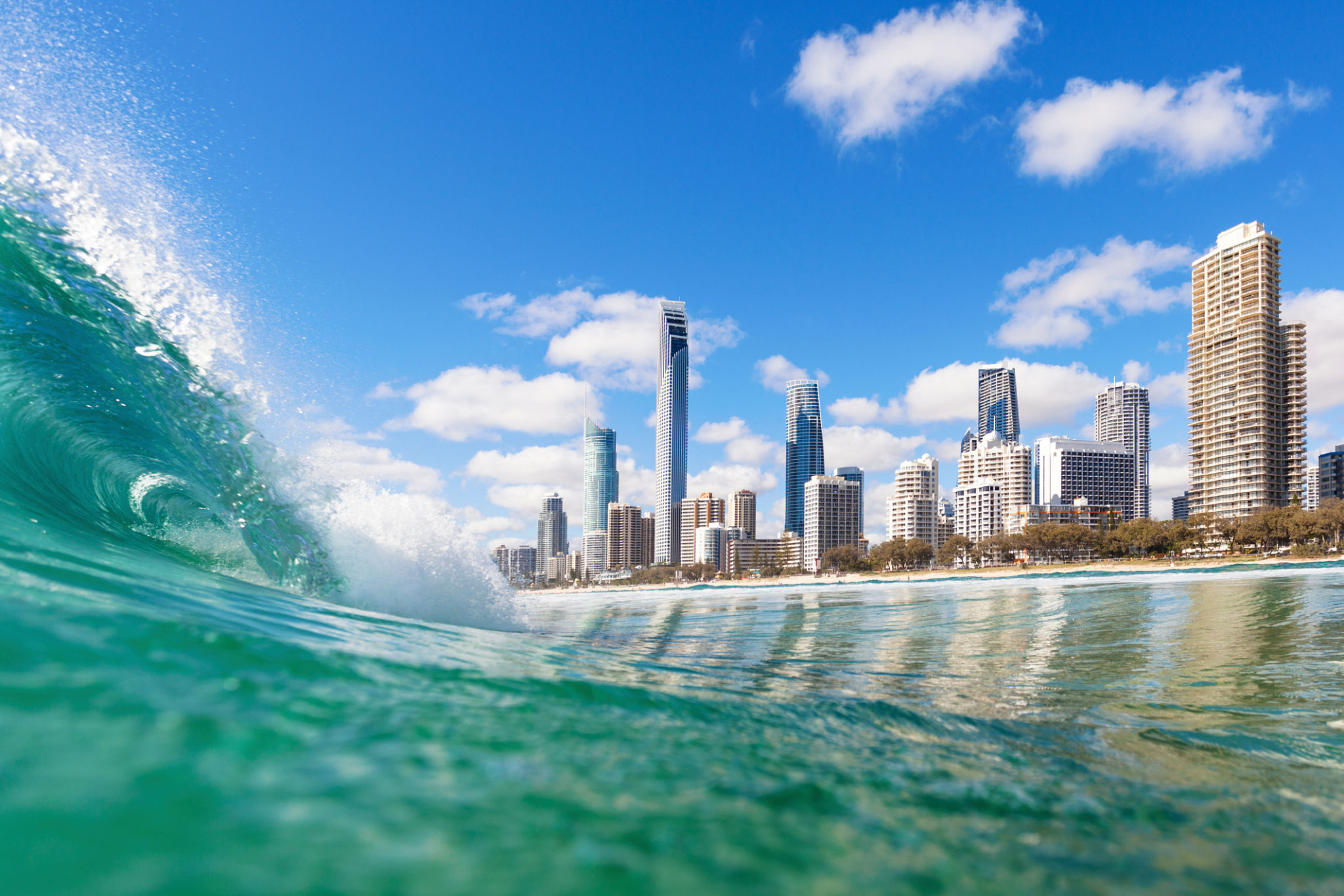
Dressing Your Newborn for the Heat
When it comes to dressing your newborn in summer, less is more. Opt for lightweight, breathable fabrics like cotton to help regulate their body temperature. Keep it simple with a single layer of clothing, such as a short-sleeved onesie or a sleeveless romper. Always check if your baby feels too warm by touching the back of their neck.
Choosing the Right Fabrics
Cotton and bamboo fabrics are excellent choices as they are soft and allow for better air circulation. Avoid synthetic materials that can trap heat and moisture, making your baby uncomfortable or causing skin irritation.
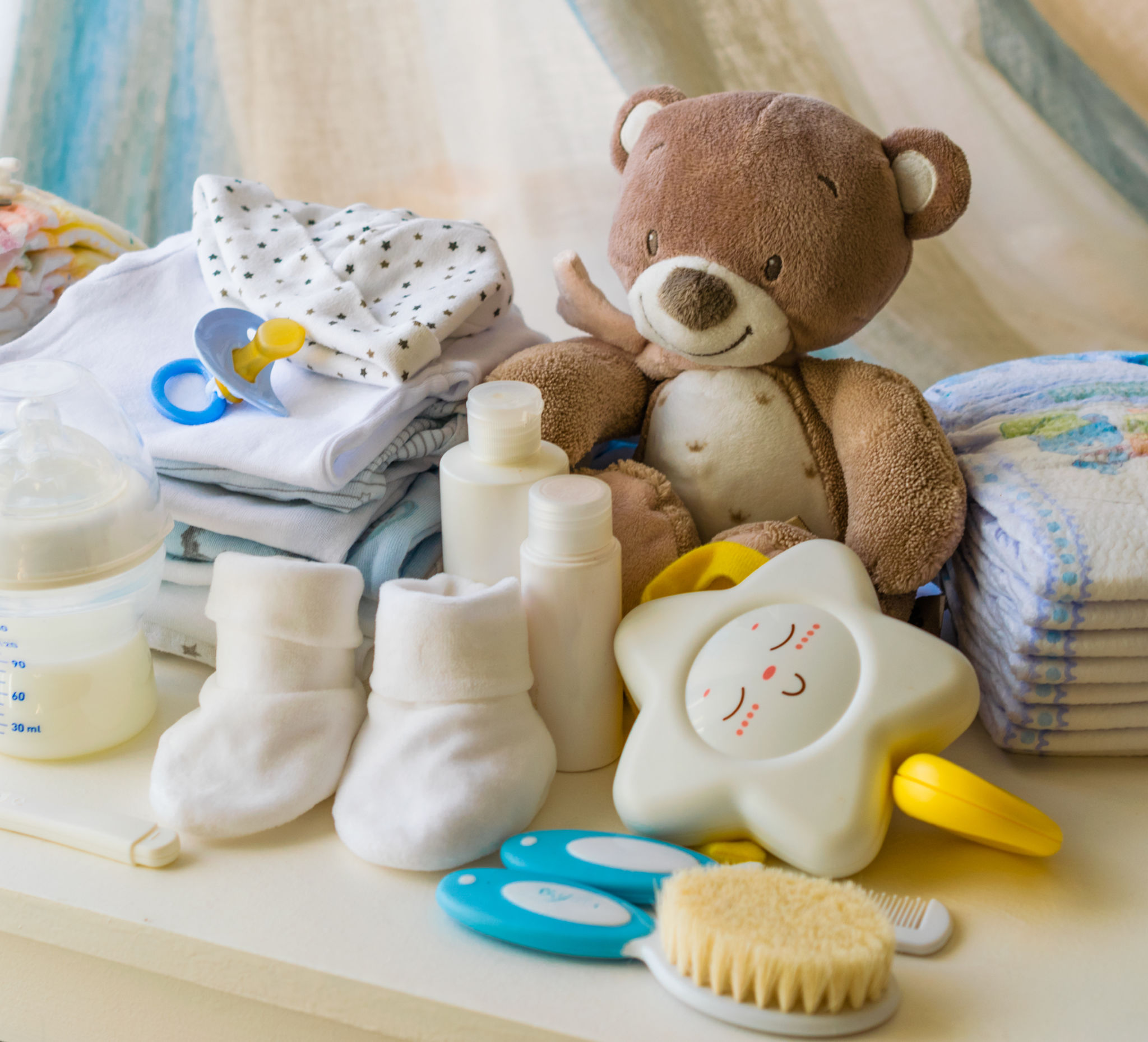
Maintaining a Cool Environment
A cool and comfortable environment is crucial for your newborn's comfort. Use fans or air conditioning to keep the room temperature between 20°C and 22°C. If using air conditioning, ensure that it is not blowing directly onto your baby, which can cause discomfort or dry out their skin.
Creating a Safe Sleep Space
It’s important to maintain a safe sleep environment. Dress your baby in minimal clothing and use a lightweight, breathable swaddle or sleep sack. Avoid heavy blankets or quilts to prevent overheating, which is a risk factor for Sudden Infant Death Syndrome (SIDS).
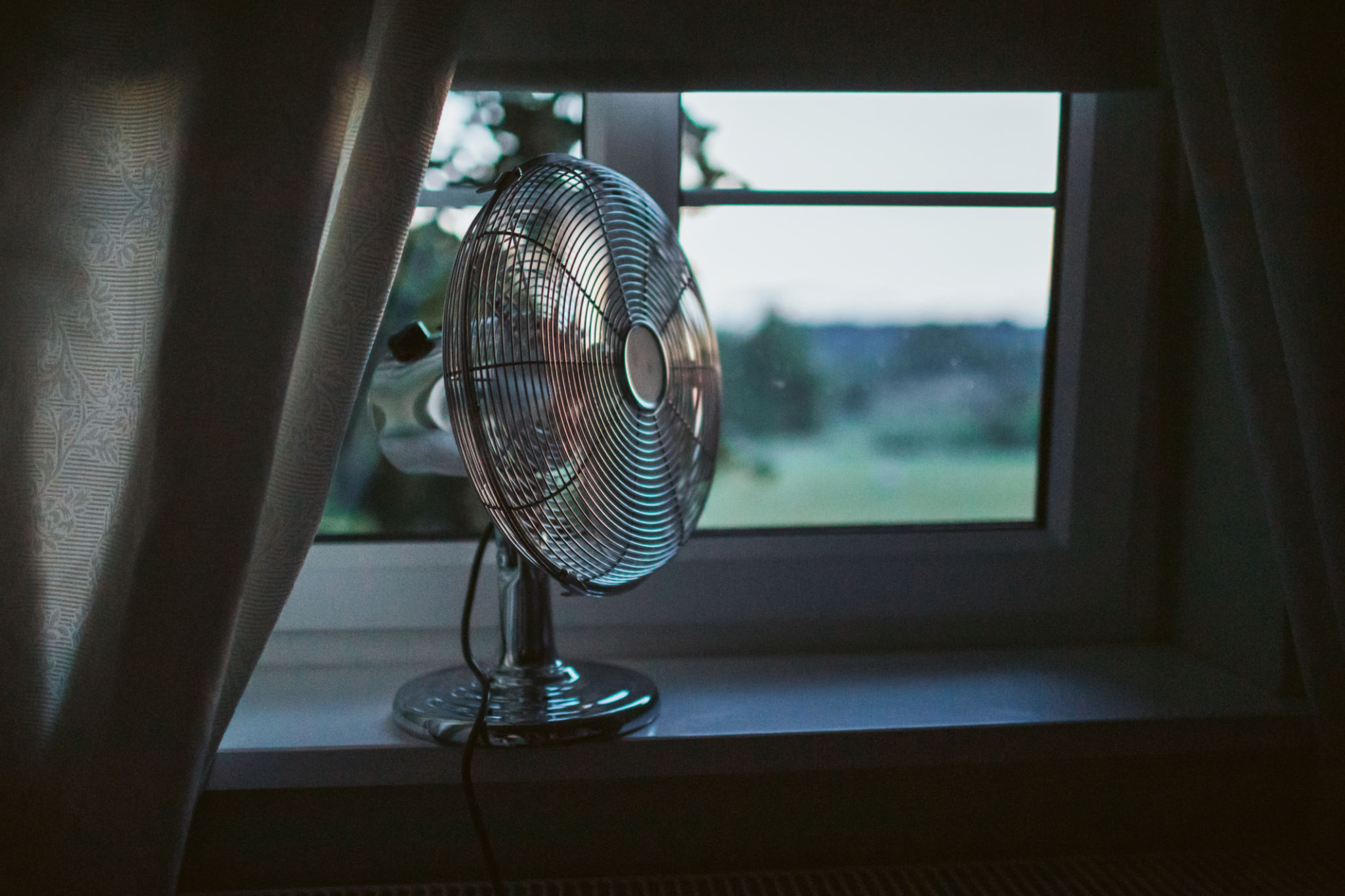
Hydration and Feeding
Staying hydrated is vital during the hotter months. While newborns under six months should not be given water, ensuring they are breastfed or formula-fed frequently will keep them well-hydrated. Offer extra feeds if your baby seems thirsty or is feeding less than usual.
Signs of Dehydration
Be alert for signs of dehydration such as fewer wet nappies, a dry mouth, or being unusually sleepy or fussy. If you notice any of these signs, it may be necessary to increase feeding frequency and consult with a healthcare professional if concerns persist.
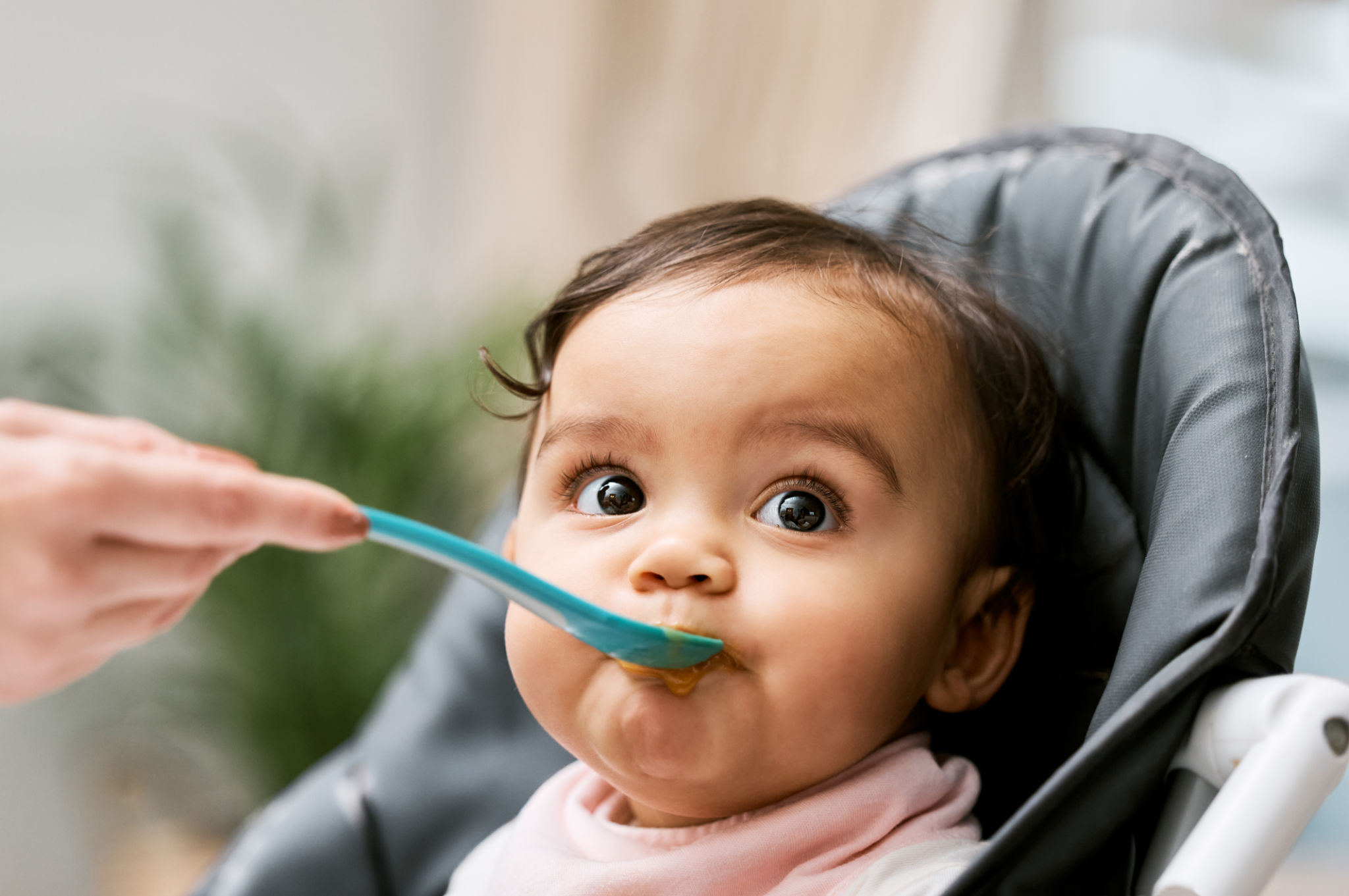
Protecting Your Baby from the Sun
Newborn skin is delicate and more susceptible to sunburn. It's best to keep them out of direct sunlight, especially between 10 a.m. and 4 p.m. If you need to go out, use a stroller with a sunshade and dress your baby in lightweight, long-sleeved clothing and a wide-brimmed hat.
Using Sunscreen Safely
If shade and protective clothing aren't sufficient, apply a small amount of baby-safe sunscreen to exposed areas like the hands and face. Choose a sunscreen specifically formulated for infant use to prevent any adverse skin reactions.
